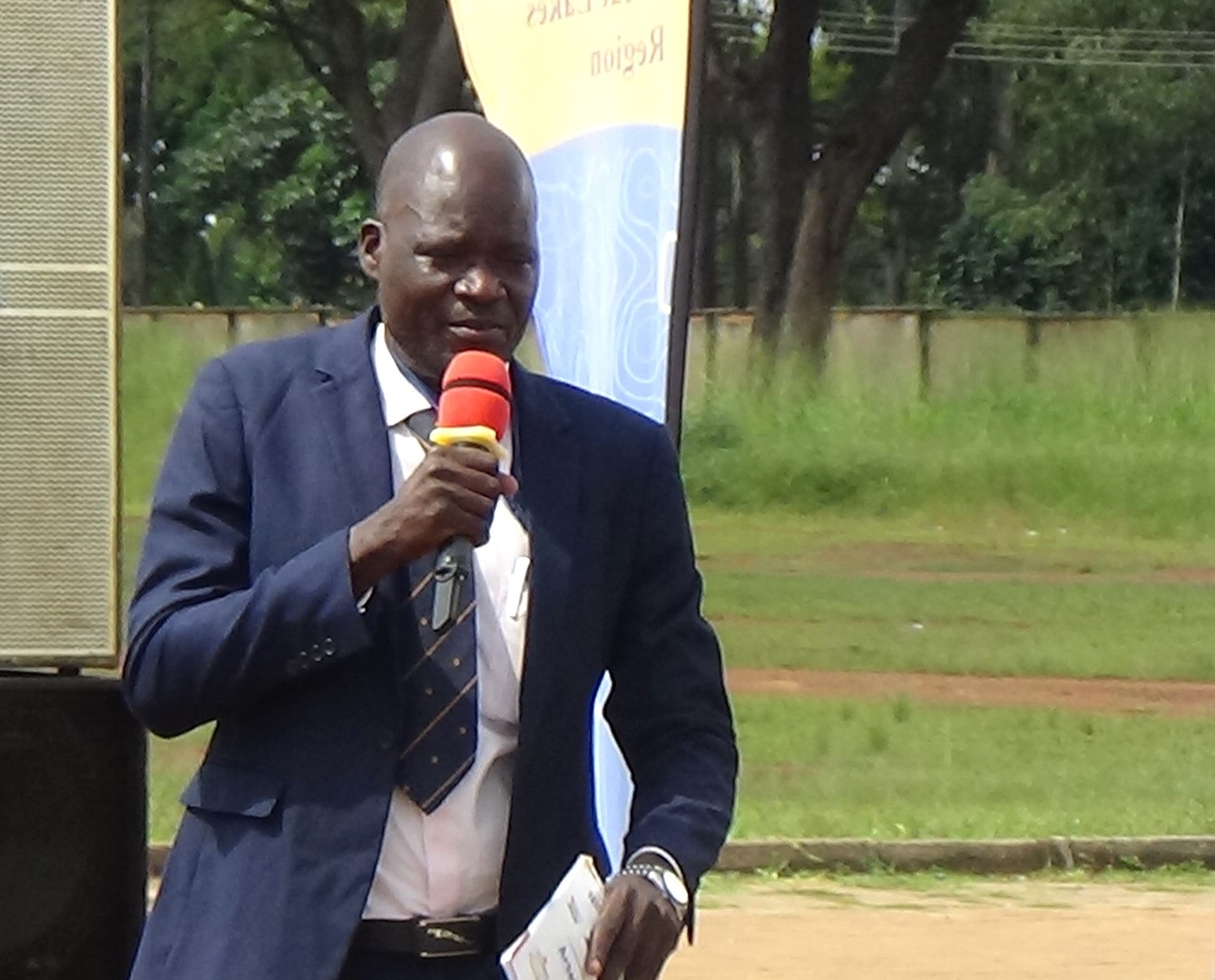About six years ago, Bosco Onen, a 25-year-old resident of Wii-Aworanga Cell, Kweyo Ward, Bardege-Layibi in Gulu City, who is a survivor of drug and substance addiction, was ignorantly lured into using narcotic drugs that slowly affected his general mental status.
Onen, whose eyes were filled with tears of both joy and regret, narrated that he was tricked into drug use by a peer group while he was in Senior Two (S.2) at Kisubi Secondary School (Kampala). They smoked substances like opium (marijuana) and cigarettes during his lower secondary school days.
Onen said the addiction affected his studies, as most of the time, he had to smoke those substances before going to class or preps.
“The addiction ended up affecting my mental status. I joined the group ignorantly and thought it was all about having fun. I used that weed to read my books, which did not help me,” remarked Onen.
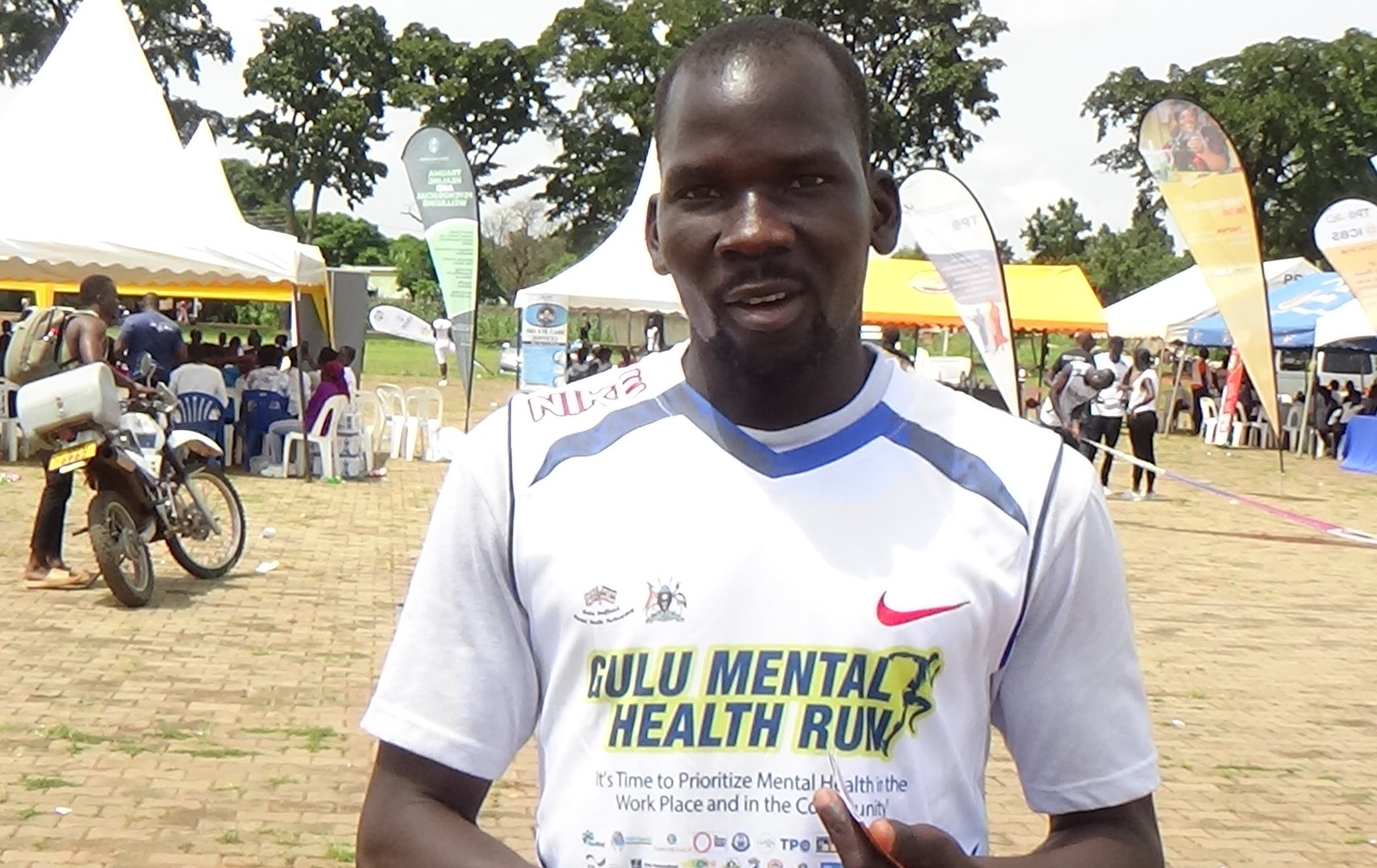
Onen, however, said he recovered from the condition after being referred to Gulu Regional Referral Hospital Mental Health Unit, where he was enrolled in medical treatment and counseling, which helped him start recovering.
“Drug addiction can be cured slowly, and it requires self-acceptance, seeking help, and using the help being rendered, like medication and counseling, in addition to loving yourself,” said Onen.
Paul Nyeko Speaks Out
Jolly John Paul Nyeko, 34, a former mental health victim since 2004, shared that mental health challenges can be healed, taking from his own story.
Nyeko, who was more interested in telling his success story of beating the illness rather than the problem itself, told the New Vision that the condition worsened for him, leading to a medical condition termed “acute relapse,” which cost him his job at the time.
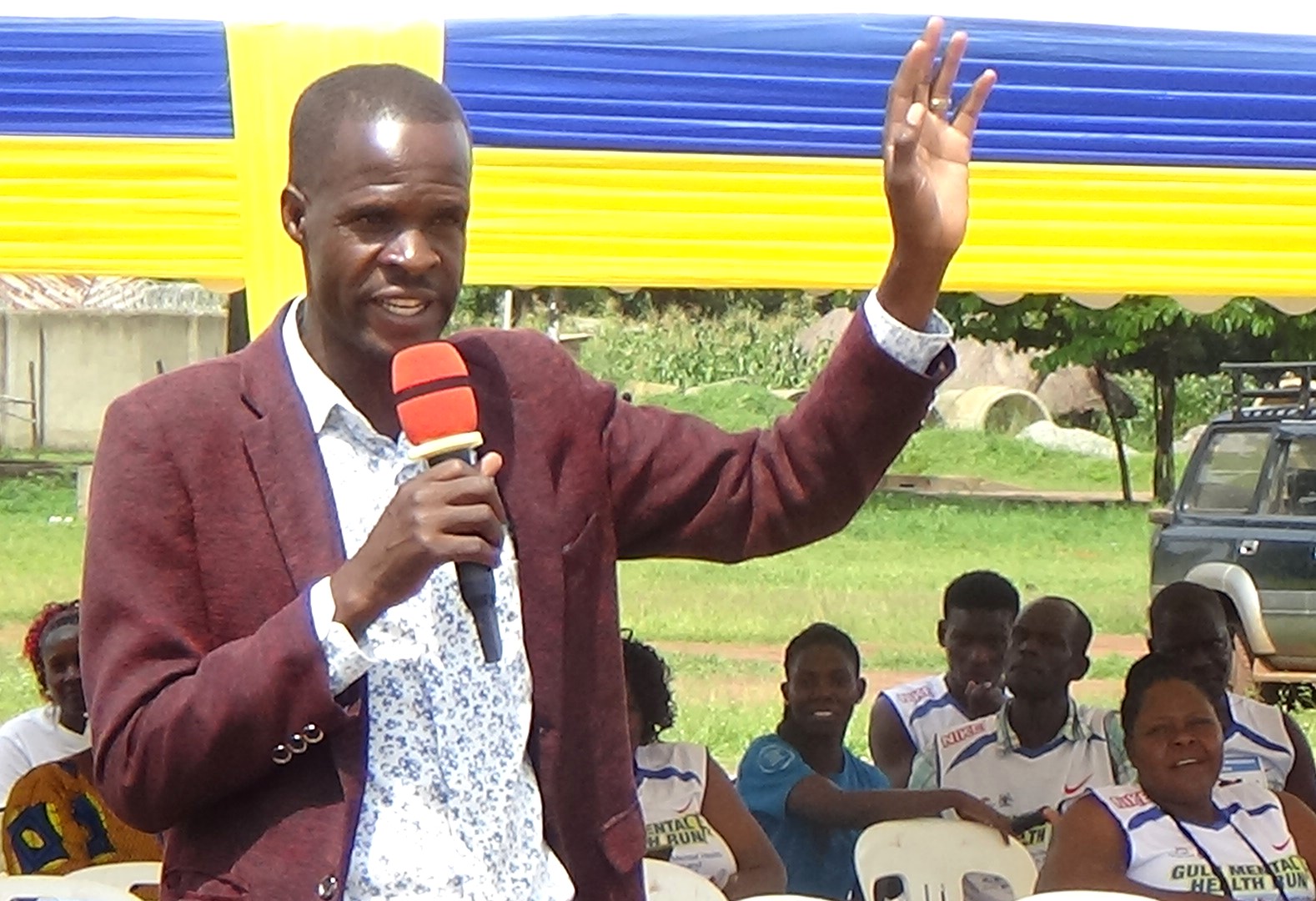
However, he said redemption came when he sought help from mental health experts who treated him and transformed him into a community mental health awareness creator.
“To me, I feel I have made it in life. Since I got healed, I have made several progresses, including marrying a beautiful wife—a wonderful midwife—who has transformed me and my home into a very happy family,” remarked Nyeko.
Nyeko encouraged his fellow victims of drug addiction, including young people, to break the silence stemming from stigmatization and seek help early, later having a story to tell about overcoming addiction.
Experts Speak Out on the Vice’s Magnitude in the City
Christine Larubi, a mental health counselor and staff member at the Mental Health Unit at Gulu Regional Referral Hospital, said the department has been part of transforming the lives of mental health patients who suffered from serious drug addictions.
Larubi stated that she had been part of Onen’s journey of overcoming mental health challenges caused by acute substance addiction. She treated and counseled him for months, offering all the necessary support.
“I am proud of Bosco’s journey of overcoming smoking addiction. I am overjoyed to see his life finally transformed and revived,” said Larubi.
She noted, however, that the journey of treating addiction is quite long but achievable, as evidenced by testimonies from recovered individuals.
Dr. Bruno Atyang, a senior psychiatric doctor and the head of the Department of Mental Health at Gulu Regional Referral Hospital, said drug and substance addiction accounts for the majority (at least 70%) of the approximately 1,000 cases registered at the hospital monthly.
Dr. Atyang explained that addiction is no longer confined to the poor and idle urban dwellers but is now common among the highly educated (elite) population, particularly the youth.
“Previously, society thought drug addiction was a problem of poor urban dwellers, but these days, it is also a common issue among the highly educated,” said Dr. Atyang.
Atyang revealed that the department receives at least one person suffering from alcohol and drug misuse disorder in critical condition weekly, requiring treatment and counseling.
Community Participatory Approach to Drug Addiction and Mental Health
Professor George Ladaah Openjuru, Vice Chancellor of Gulu University, emphasized the need for a robust ‘community participatory approach’ to address mental health challenges in the region, involving mass sensitization.
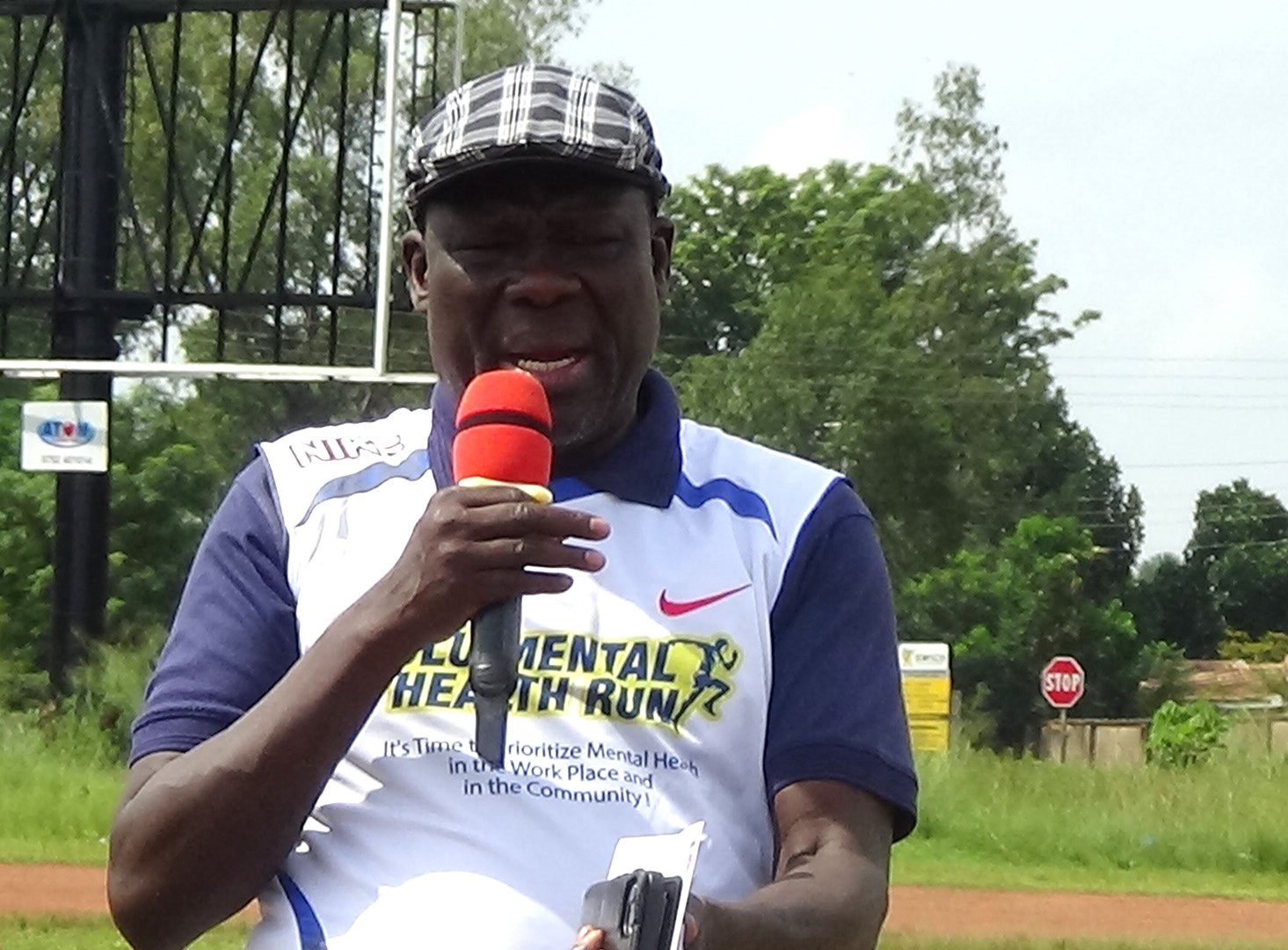
Professor Openjuru stated that Gulu University is committed to supporting efforts to address mental health challenges, noting that many university staff are also battling mental health issues caused by work stress.
“As Gulu University, we are committed to supporting mental health services. We want all medical professors to provide mental health services at the health faculty,” said Professor Openjuru.
He added that the university plans to provide mental health services citywide using the community participatory approach, including community counseling and psycho-social support.
A Take from Other Political Leaders
Betty Aol Ocan, the Woman Member of Parliament for Gulu City, highlighted the need to strengthen policies to combat mental health challenges, noting a shortage of experts to manage these problems.
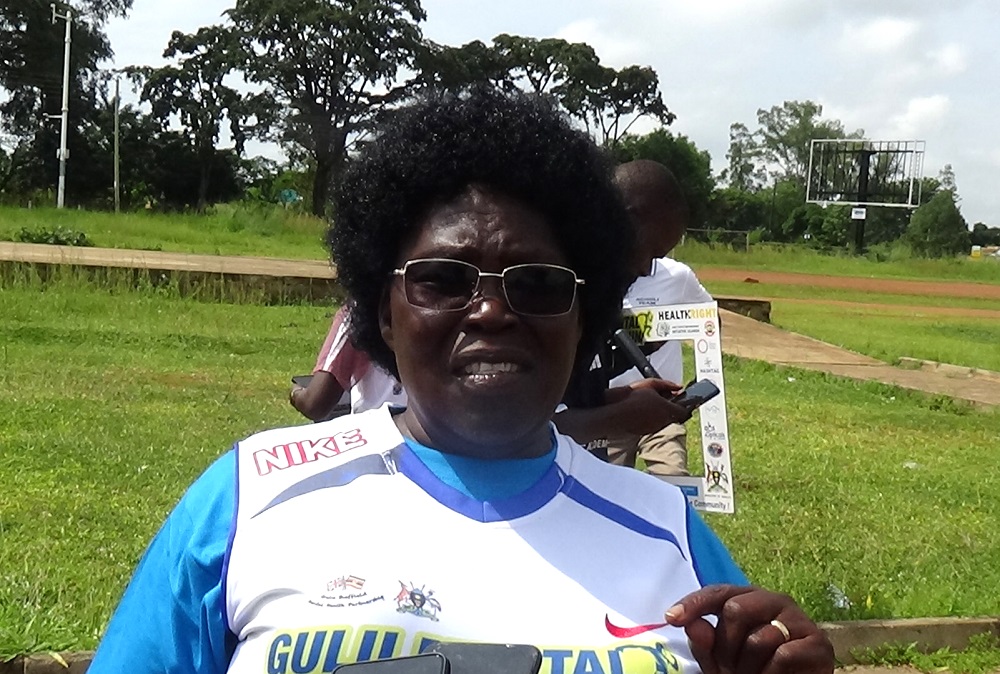
Hon. Aol urged families to guide their children away from drug use by avoiding drug consumption in their presence, such as drinking alcohol or smoking cigarettes, which might influence them to adopt similar behaviors.
She also called for collective efforts from churches, political, and cultural leaders to educate communities about the dangers of persistent drug misuse, which is ruining the lives of many young people in northern Uganda.
Conclusion
According to the 2024 World Health Organization (WHO) Report, Uganda consumes an average of 12.21 liters of pure alcohol annually per person aged 15 years and above, making it the fourth-highest consumer of alcohol in Africa.
A 2020 research report by the National Union of Disabled Persons of Uganda (NUDIPU) indicates that 40% of mental illnesses treated at Butabika National Mental Referral Hospital are caused by alcohol, drug, and substance abuse.
Send us your story or opinion on: dailyexpressug@gmail.com. You can also follow Daily Express on WhatsApp for all the latest news and updates.

